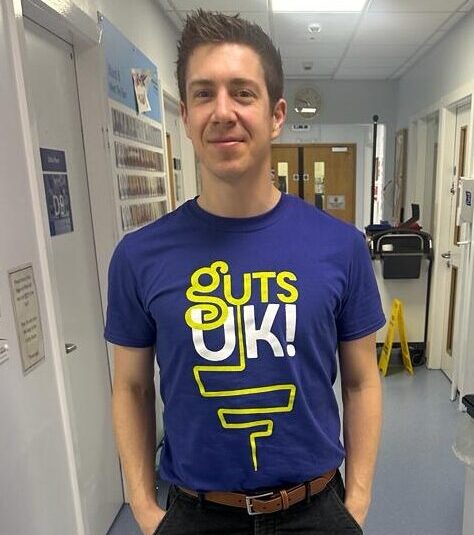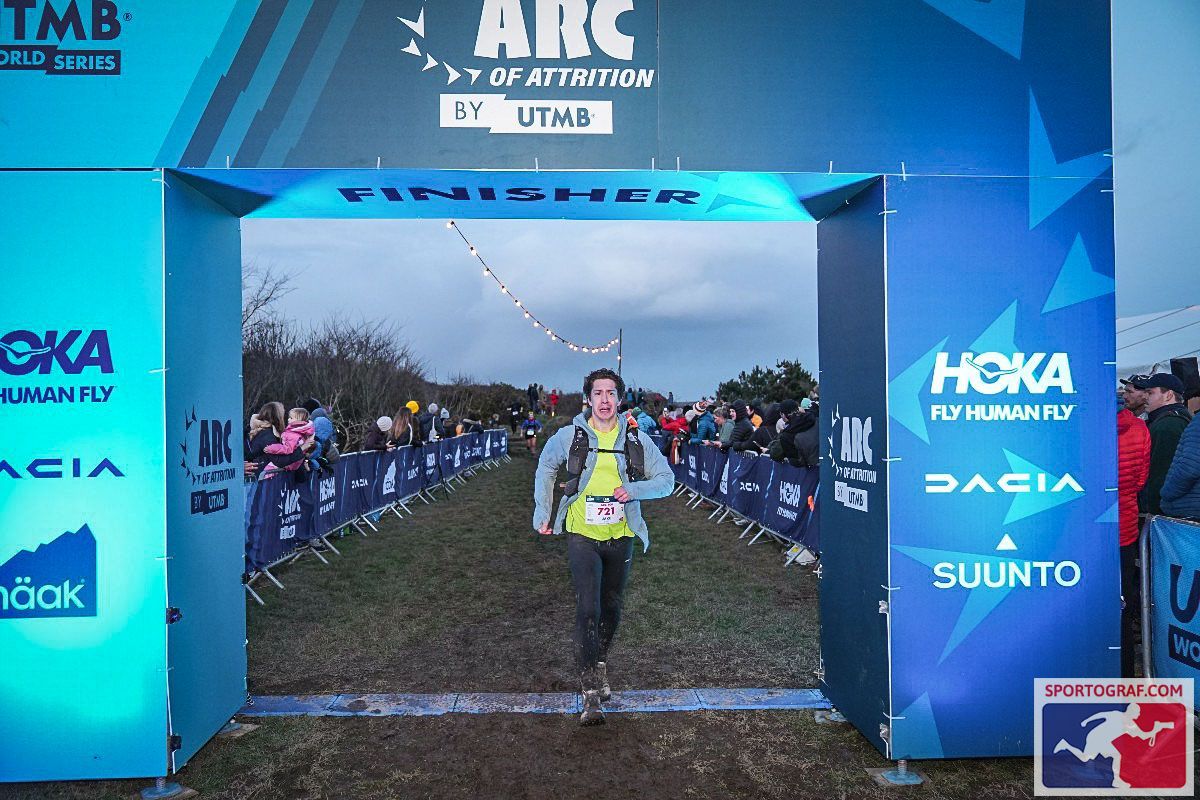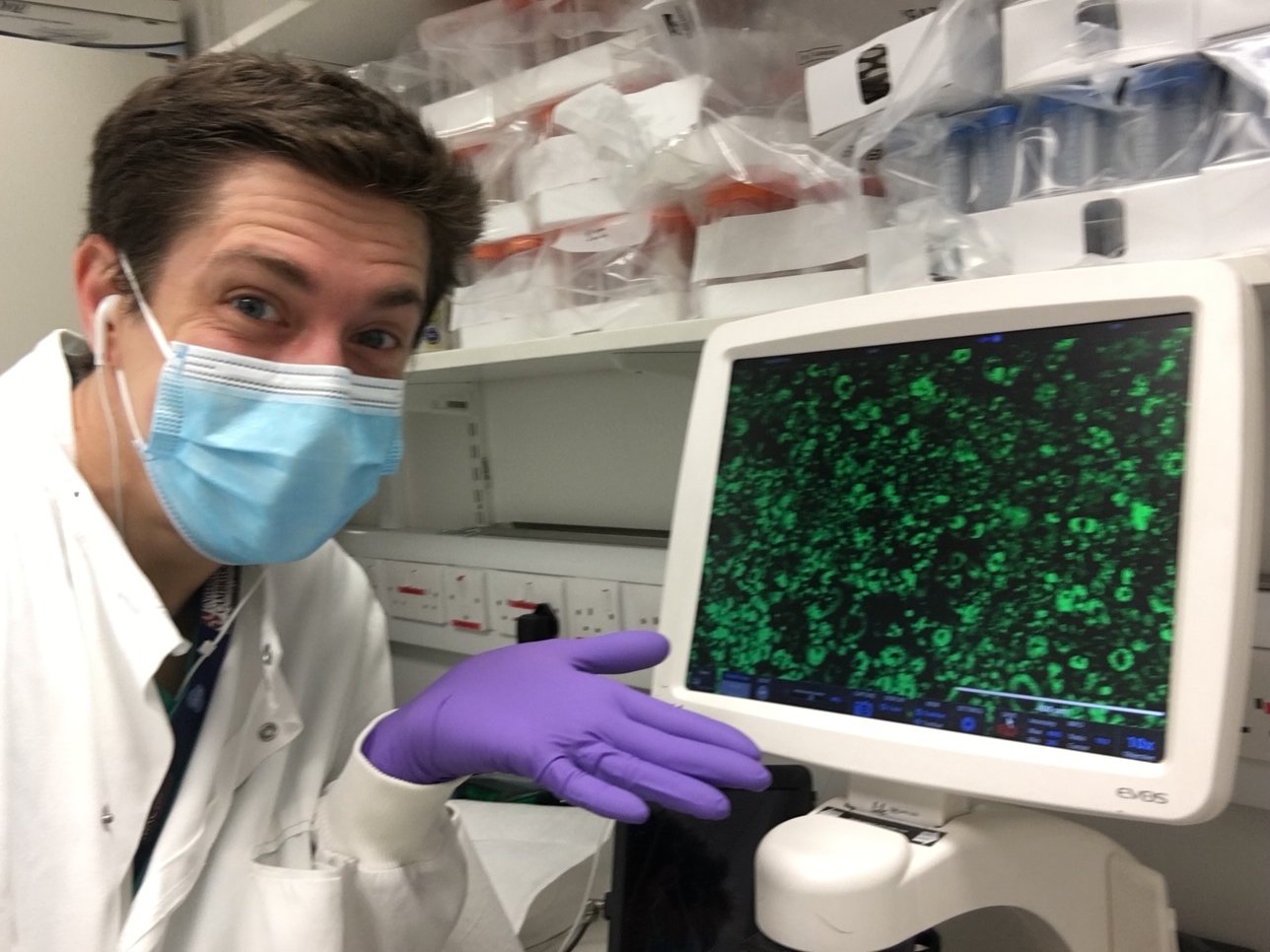A fulfilling career is a critical component of a fulfilling life. A job can be just a way to pay the bills. Though, work does take up nearly half our waking hours. It is also a potential source of meaningful relationships and a way of making a contribution to society. Therefore, being in the right job is important.
Barriers exist to getting the right job, including being selected. Interviews typically carry the bulk of the weighting for clinical job applications (in the UK, at least). So, out of all parts of the process, the interview is most important.
Your aim in an interview is to give the panel the most accurate impression of who you are. This is not trivial. Interviews are not conversations. The panel has (probably) never met you before. The panel (usually) won’t have your application/CV in front of them. Nor can they ask any follow-up or clarifying questions.
Here are some general tips for clinical (and clinical-academic) interviews based on my UK-experience*:
- Start preparing >3 weeks before the interview. This may mean preparing before you have confirmation you have an interview.
- Write a list of questions you anticipate you will be asked.
- Think about grouping/consolidating questions that are really asking the same thing. For example, “How are you suited to plastics?” requires a very similar answer to “What made you want to apply to plastics?”
- Prepare an answer to every question.
- Write it out (full or bullet points)
- Say it out loud to yourself
- Say it in front of someone else
- Think carefully about how you can get all the key points from your CV into answers
- In particular, how will you answer the first question that will get out the essence of why they should hire you.
- The first question is typically broad and person-focused.
- Support traits/characteristics with evidence or specific examples
- Prepare a suitable number of clinical examples to demonstrate relevant characteristics
- Practice giving sufficient clinical detail succinctly to allow you to explain how it shows the characteristic in question
- All answers less than 2 minutes long
- There will be no follow-up questions so give comprehensive answers
- Where appropriate, give three points for every answer
- Anticipate being interrupted
- Prepare for clinical questions.
- Do not ignore them.
- Do as many mock interviews as possible
- One is not enough
I have tried to keep this list short. I will write about academic interviews in further detail another time.
Please get in touch if you have suggestions.
*My interview experience since medschool: 3x academic foundation programme interviews, 2x academic clinical fellow interviews, 2x clinical PhD fellowship interviews (one unsuccessful), 1x paediatrics subspeciality (GRID) interview, and 1x academic clinical lecturer interview.
The one book I’d recommend is: ISC Medical Interviews




